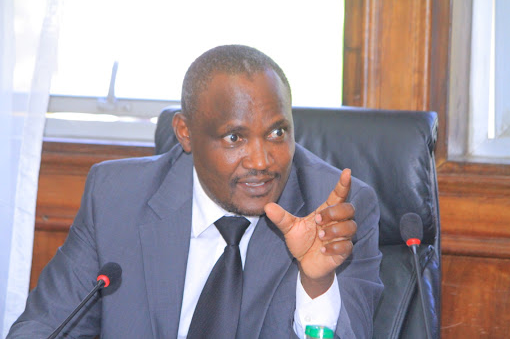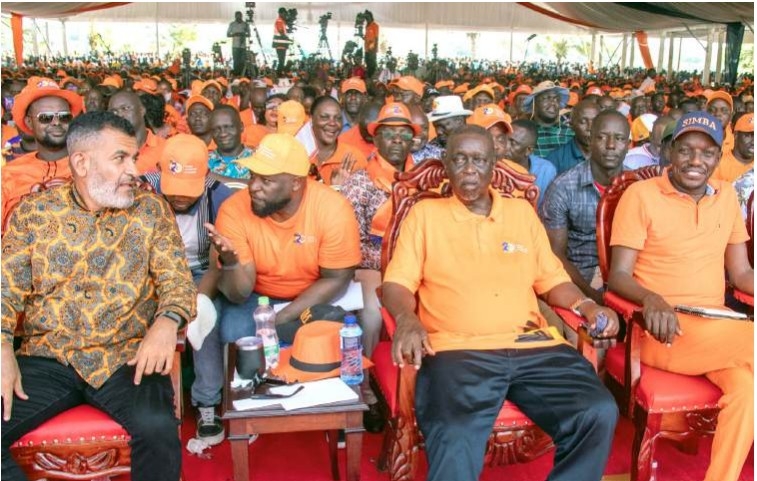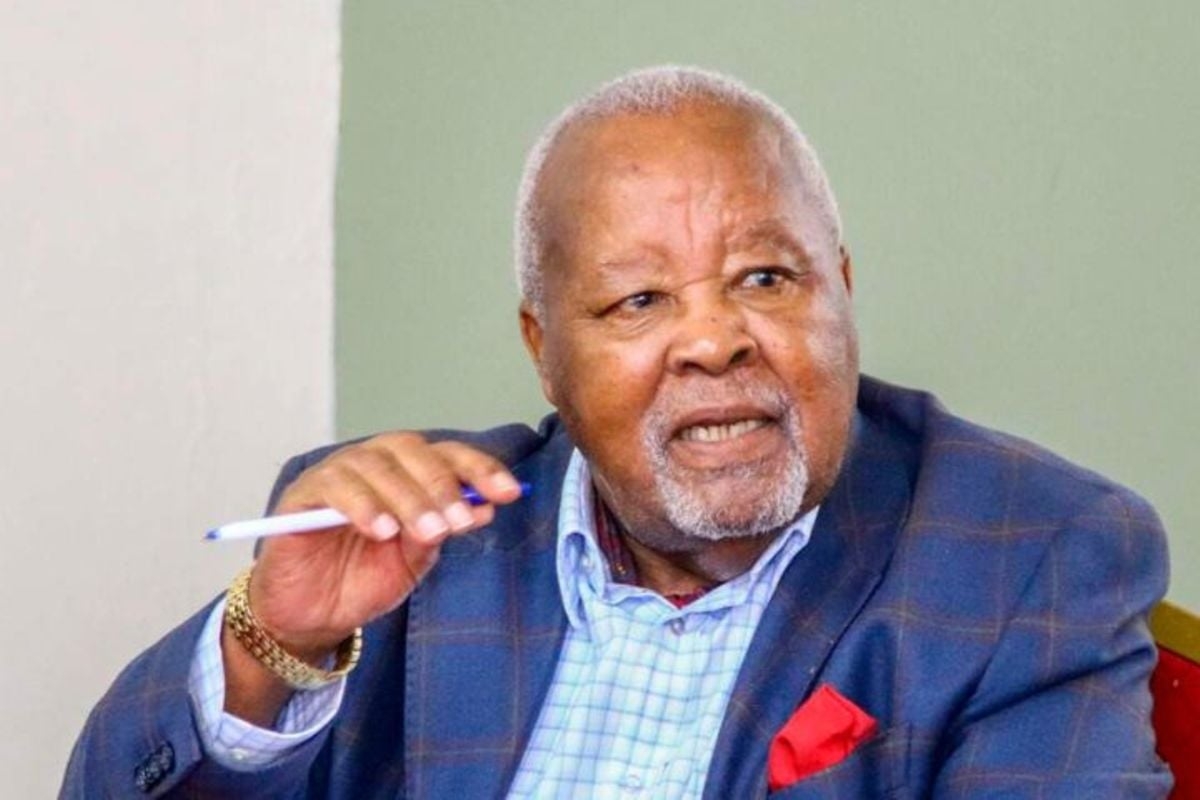
The National Treasury is seeking to reduce the use of fuel guzzlers by public officers in a bid to reduce wastage amid budget shortfalls.
A new policy proposed by the Treasury Cabinet Secretary John Mbadi has set engine capacity limits allowable for vehicles that run on taxpayers’ cash.
The move could hit hard highflying government officials who have been using fuel guzzlers. Under the plan, vehicles assigned to top guns, including cabinet secretaries, will be limited to an engine capacity of 2,600cc for saloon cars and 3,000cc for utility vehicles.
Apart from CSs, speakers of Parliament, chief justice, attorney general, secretary to cabinet and head of public service will also be required to comply with this directive.
Most government functionaries ride in V8 powered engines, most of which are in the range of 4,000cc and above. Prado V8, Mercedes Benz 580, Lexus 570, Nissan Patrol are common with officials, including those below ministerial level appointments.
Principal Secretaries, Supreme Court and Court of Appeal Judges, Director of Public Prosecutions, clerks of Parliament will be required to use even smaller cars.
The engine capacity for this cadre of staff should not exceed 2,400cc for saloon cars and 3,000cc utility vehicles.
This will also be the case for heads of constitutional commissions and independent offices, commissioners of the constitutional bodies and the Inspector General of Police.
Treasury wants official cars for High Court judges, chief executive officers of state corporations limited to 2,000cc and 2,900cc respectively.
Mbadi also wants state agencies to drop passenger utility vehicles above 3,000cc, unless for specialised jobs and security purposes.
During his time as Finance Minister, former President Uhuru Kenyatta spelled out similar measures, restricting government officers to 2,000cc cars. He promoted the Volkswagen Passat model as suitable for budget austerity.
Uhuru’s administration said government drivers would be surcharged for operating official cars outside working hours. The Controller of Budget recently reprimanded the government for gobbling billions of shillings on transport.
Auditor General Nancy Gathungu in a recent report also flagged wanton wastage of government vehicles assigned to state departments.
In the new cost-cutting measures, Treasury wants convoys assigned to state functionaries reduced, or done away with. Cabinet secretaries and governors would be issued with only two official cars.
Deputy governors and principal secretaries will be issued with one vehicle, the same for county executives and chief officers.
Parastatal chiefs and chief executive officers of constitutional commissions and independent officers will also be assigned a car each.
The same will apply for chairpersons of state corporations. The government wants commissioners and independent officers as well as members of parastatal boards to use their own cars and seek reimbursement. Critics have warned that this could create a loophole in false claims.
Mbadi, however, says the proposed rules are aimed at ensuring government vehicles are used optimally. A government fleet management department, domiciled at the Treasury, will be created to oversee the use of government cars, to mitigate the high costs.
The department shall have authority to allocate vehicles across MDAs and counties. In the financial year to June 30, 2023, the government spent about Sh15 billion on transporting civil servants and state officers.
Counties and MDACs intending to lease transport services shall need to seek approval from the fleet management department.
Treasury is also moving to restrict state and government officers from flying first class undeservedly. If approved, the use of business class will be restricted to only senior government officials.
“All other government officials on official travel within and outside Kenya shall use the economy class for travel,” the new policy states.
It further limits the hiring of choppers and other aircraft to local travel, most preferably for security services or disaster response.
The cars will also be fitted with systems for tracing their location and usage of fuel. Treasury is also making it a policy that government vehicles observe the Highway Code, comply with all traffic laws, parking restrictions and guidelines.
To cut costs of fuel, Mbadi’s policy seeks to provide that fueling will be done at designated petrol stations and strictly by use of fuel cards.
Cash purchases will require prior authorisation, the policy reads, and vehicles will be fitted with fuel management system.
The rules also
bar drivers from using government
vehicles for personal errands.
Those who use their private cars
for authorised official assignments
will be reimbursed.














![[PHOTOS] Ole Ntutu’s son weds in stylish red-themed wedding](/_next/image?url=https%3A%2F%2Fcdn.radioafrica.digital%2Fimage%2F2025%2F11%2Ff0a5154e-67fd-4594-9d5d-6196bf96ed79.jpeg&w=3840&q=100)

